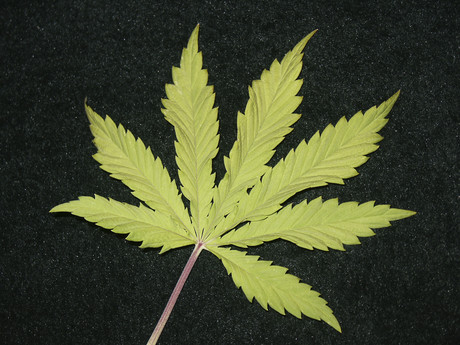New TGA rules assist access to medical cannabis

The Therapeutic Goods Administration (TGA) has announced changes to its Special Access Scheme (SAS) that will make it easier for medical practitioners to prescribe cannabis-based medicines for patients in need, under certain conditions.
For patients classified by TGA as Category A — those approaching death — medical practitioners can prescribe a cannabis-based medicine without approval, provided notification is provided to TGA. For patients classified as Category B by TGA, where a cannabis-based medicine does not have a history of use, medical practitioners can apply to administer the medicine for a period of 12 months.
The SAS application process is made easier where cannabis-based medicines have HREC (Human Research Ethics Committee) approval.
The change could not be more timely for medical life science company Medlab Clinical Limited (ASX:MDC), which is currently preparing to commence its first clinical trial of cannabis-based medicine NanaBis, for patients classified as Category A — specifically, patients suffering from advanced cancer pain.
Following approvals from government authorities in Australia and Canada, Medlab has successfully imported cannabis oil from its Canadian supplier, Aphria. From this cannabis substance, Medlab is managing manufacture of NanaBis, which combines the two most active ingredients in cannabis — cannabidiol (CBD) and tetrahydrocannabinol (THC). The resulting mixture is placed into bottles with NanoCelle, Medlab’s small particle spray.
The clinical trial will take place at Royal North Shore Hospital in Sydney, under the supervision of medical oncologist and palliative medicine specialist Professor Stephen Clarke OAM. Recruitment of patients for the trial has already begun, with all participants set to be seriously ill oncology patients who will be administered NanaBis in place of opioids in order to assist pain management. NanaBis will be made available for medical practitioners coinciding with the start of the trial, which is expected to take place in the coming weeks.
Medlab also has another cannabis-based medicine, NanaBidial, which has received HREC approval and is intended for patients suffering from chemotherapy-induced nausea and vomiting, with a secondary endpoint in patients suffering seizures. A clinical trial for NanaBidial will commence in early 2018. This category would apply to NanaBidial, which will be available in Australia in early 2018, coinciding with the start of a clinical trial and consequently accessible to medical practitioners under the SAS scheme.
Medlab Clinical Limited (ASX:MDC) shares closed 9.79% higher at $0.785 on Thursday, the day it reported the TGA announcement. They were trading an additional 7.64% higher at $0.845 as of around 3 pm on Friday.
Archer completes potassium sensing alpha prototype
Quantum technology company Archer Materials Limited has developed an early Biochip prototype...
Farm animals and aquaculture cryopreservation partnership announced
Vitrafy Life Sciences Limited has announced that it has entered a 12-month exclusive agreement...
Babies of stressed mothers likely to get their teeth earlier
Maternal stress during pregnancy can speed up the timing of teeth eruption, which may be an early...



